Generally speaking, why is the price of single pearls after taking apart a pearl strand is cheaper than a pack of loose pearls? Why? The article gives a detailed introduction to the classification of use and the difference in quality.
The different classification using of strand pearls and loose pearls.
The quality of the pearl determines the purpose of the pearl. In terms of usage, pearls can be divided into: strands and loose pearls.
Loose pearl: Single pearls are often used to make pearl pendants and earrings. Pendants or earrings are composed of a single pearl, which part of the blemishes that the accessory can cover will be relatively small, so the quality requirements of these single pearls itself will be much higher than those pearl strands, of course the price is also more expensive than strand pearls. Because every pearl can be on its own. (Oh there are also some loose pearls of relatively poor quality, such as those used to make brooches.)
Necklace: It is composed of a string of pearls, the pearls can cover some blemishes and set each other off. So the defects in a single pearl can be weakened by each other and become a more beautiful pearl necklace as a whole. Imagine that a pearl is a soldier, and pearl strand is a team. After complementary collocation, soldiers that can't be alone can also form a powerful team.
The difference between the quality of strands and loose pearls
The quality of pearls is generally judged on four aspects: size, luster, shape, and flaws. The size and luster standards of the necklace and the loose pearls is the same, the difference is shape and flaws.
Shape: Take a perfect round as an example
The shape of a perfect round refers to a range (nearly perfect round -- perfectly round). The necklace is different from loose pearls, the criterion for loose pearls is that they tend to be perfectly round. The criterion for strands is that they tend to be perfectly round and the overall shape is round.
Conclusion: A perfectly round loose pearl is also perfectly round if you look carefully. If you take it apart a perfectly round necklace, it is generally not perfectly round, you will find that the pearls at the ends of the necklace are of lower quality than the middle pearls.
Blemishes: Take flawless as an example
Flawless means that the flaws in the pearl surface cannot be seen with the naked eye, rather than with a magnifying glass.
Flawless quality also a range (nearly flawless-completely flawless). The standard for loose pearls is to be completely flawless. The standard for pearls in a strand is to be close to flawless, but the overall skin is flawless.
Conclusion: A flawless loose pearl is flawless when you look closely; in a flawless strand, if there are three or four tiny flaws in the entire necklace, it is normal and should not be overly critical.

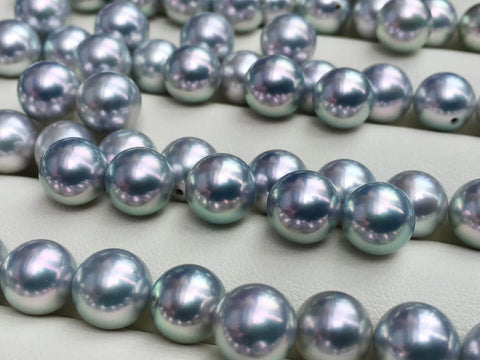
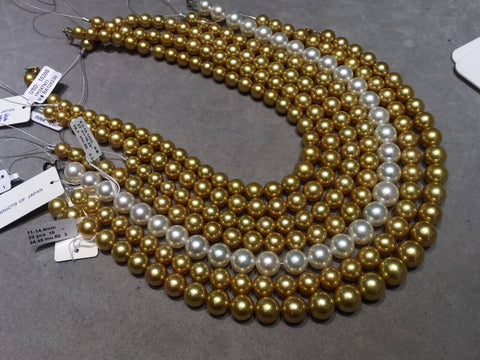
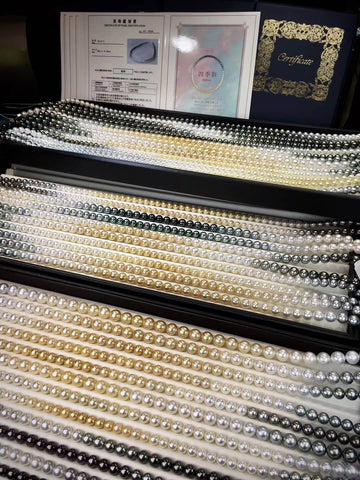
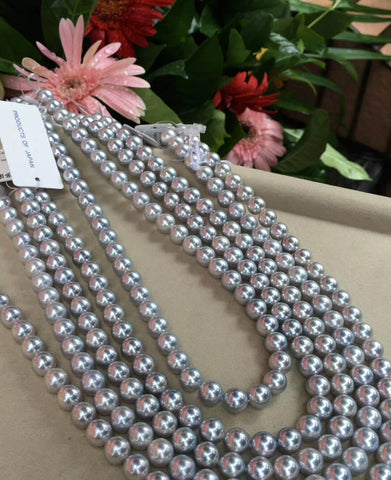
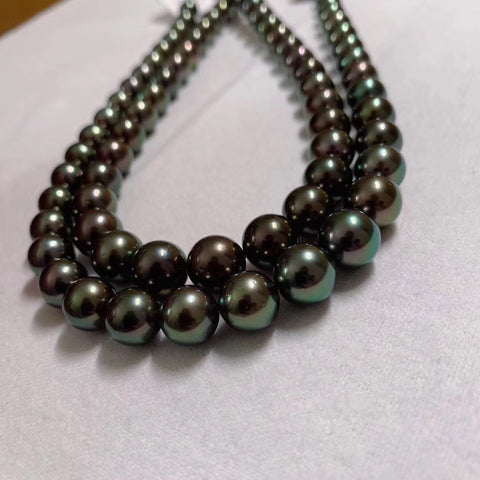
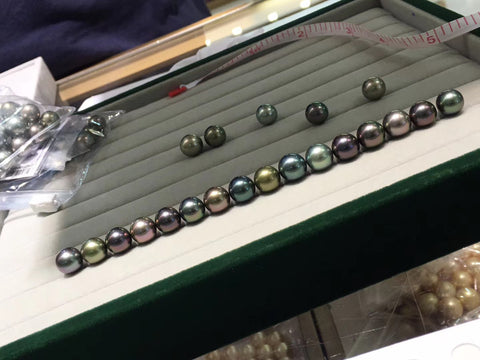
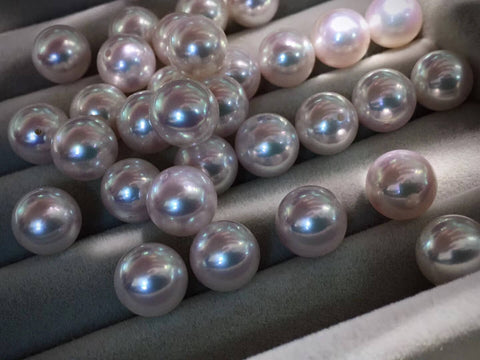
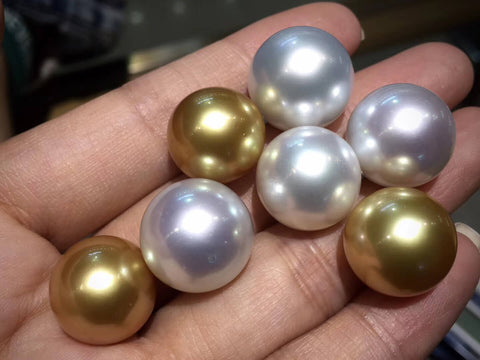
Leave a comment